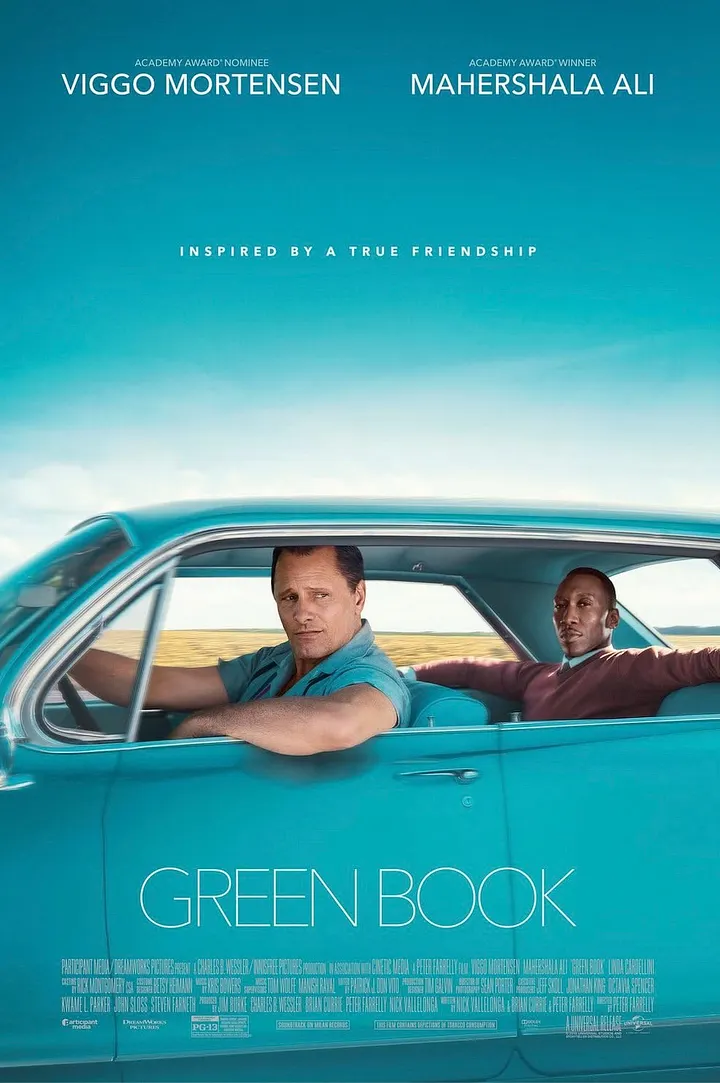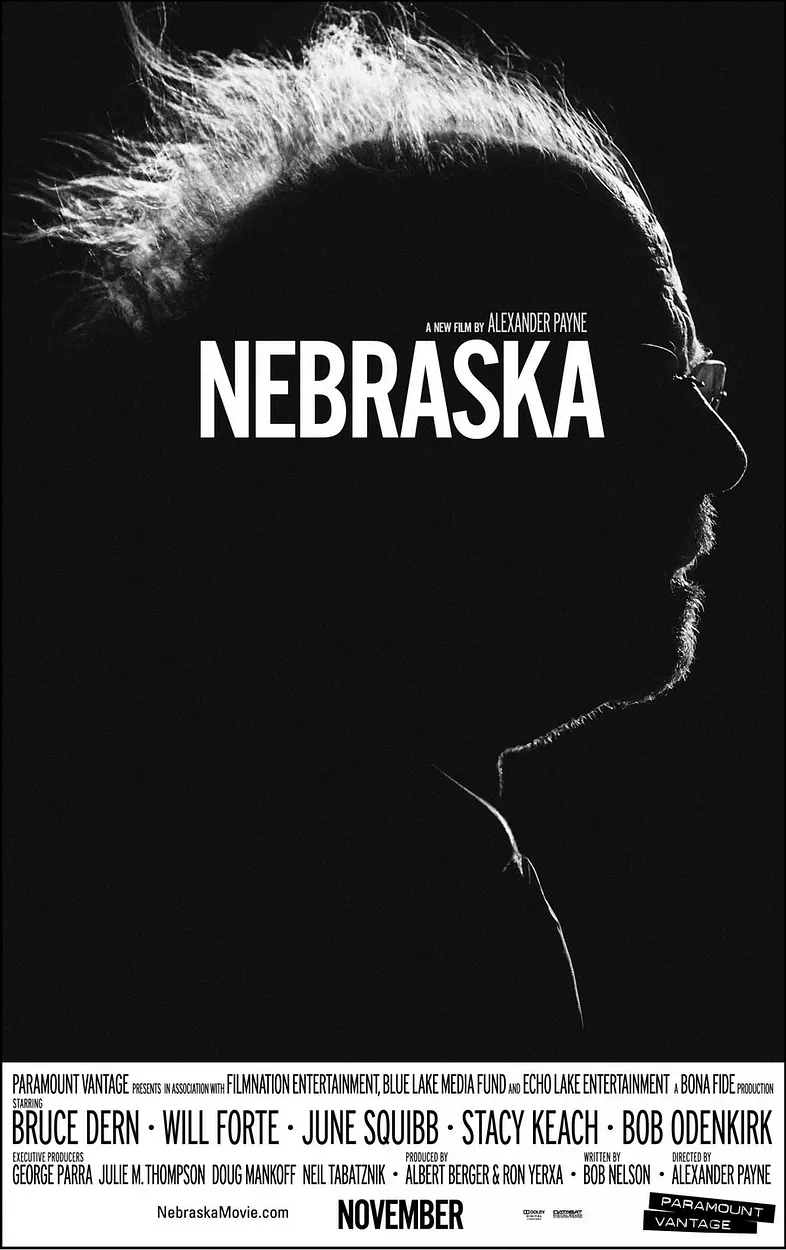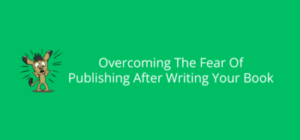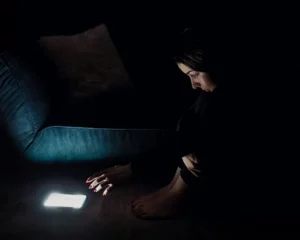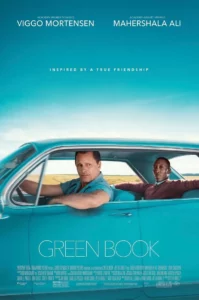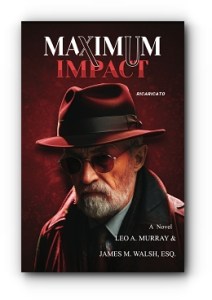“Unlocking the Secrets of Interactive Storytelling: Gavin Michael Booth Reveals How to Captivate Audiences in Episode 533 of SYS Podcast!”
Ashley
And does that start with like index cards and an outline? That’s phase one. And then you broke that down into, and how long are each one of these treatments? Like a page or two per episode. So, then you have like seven-to-10-page treatment, basically covering all seven episodes.
Gavin Michael Booth
It’s more like a scene by scene treatment where I’ll just, I’ll number episode one, scene one, two, three, four, and a little paragraph description of like, this happens on the scene. Maybe I include a line or two of dialogue that are crucial. Um, the next scene is this, here’s where it’s set. Here’s what the characters do. It just as brief as I can. Sometimes they end up being two sentences. Sometimes they end up being half a page if there’s like a lot of detail to cover or ideas are flowing. I haven’t done the index card thing in a while because everything digital now and like a Google doc or whatever is pretty easy to just cut and paste. And I have, I have been looking into a few of those. There’s, there’s a few desktop apps I’ve seen where it gives you like the sticky notes for your desktop. So I feel like that visualized and I do have a giant blank wall on this other side here that I, I’m like, God, that could actually be a good storytelling wall. I would probably need the little red threads, right? To tie it together like a murder mystery for me. Yeah. Make it look like my investigation board, but no, I, I’m pretty good at organizing a story in my head. So I don’t always need that, um, much of a visualization. Um, and then it’s just about cranking out drafts and rewriting and rewriting and rewriting and rewriting. And I’m usually rewriting even when I’m on set, still trying to improve things or actors are suggesting things that go like, you know what, that’s better. Let me, let me a lunch break. I’m going to change a few lines of dialogue and things here. And generally, as long as I’m also, when I’m writing for something that I’m going to direct, I’m, I’m very liberal with the actors that like, like they’re going to say things in their own words. They’re going to come up with great ideas. The cinematographer is going to come up with great ideas. Everybody on set in their department is going to come up with great ideas. So I try to be very open to that, that like, okay, the script is the building blocks. We have to get the core information out, but let’s, let’s play while we’re on set. And I have the, the liberty of doing that being the writer and director and producer of a show like this. It’s not as locked in. I, I haven’t directed network television yet, but from everything I hear, my wife’s a full-time actor. It’s, it’s a little more locked in where this script had to get approved by so many parties and peoples. And like, these are the lines. This is the, the beat by beat that has to be followed.

